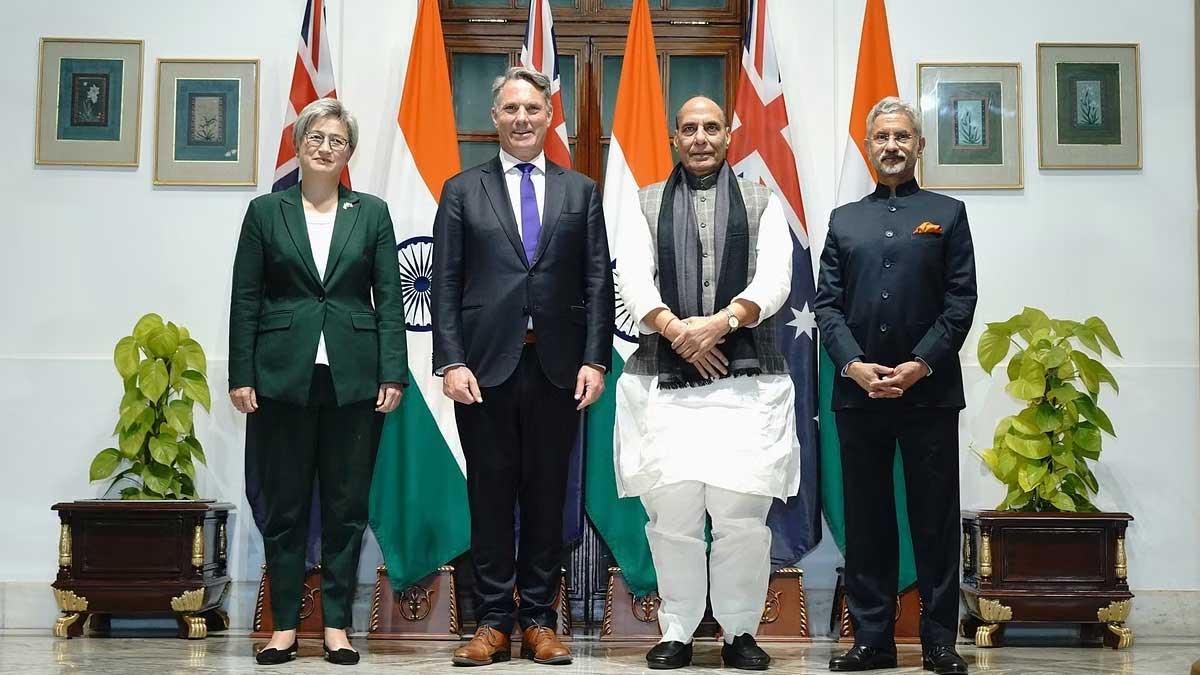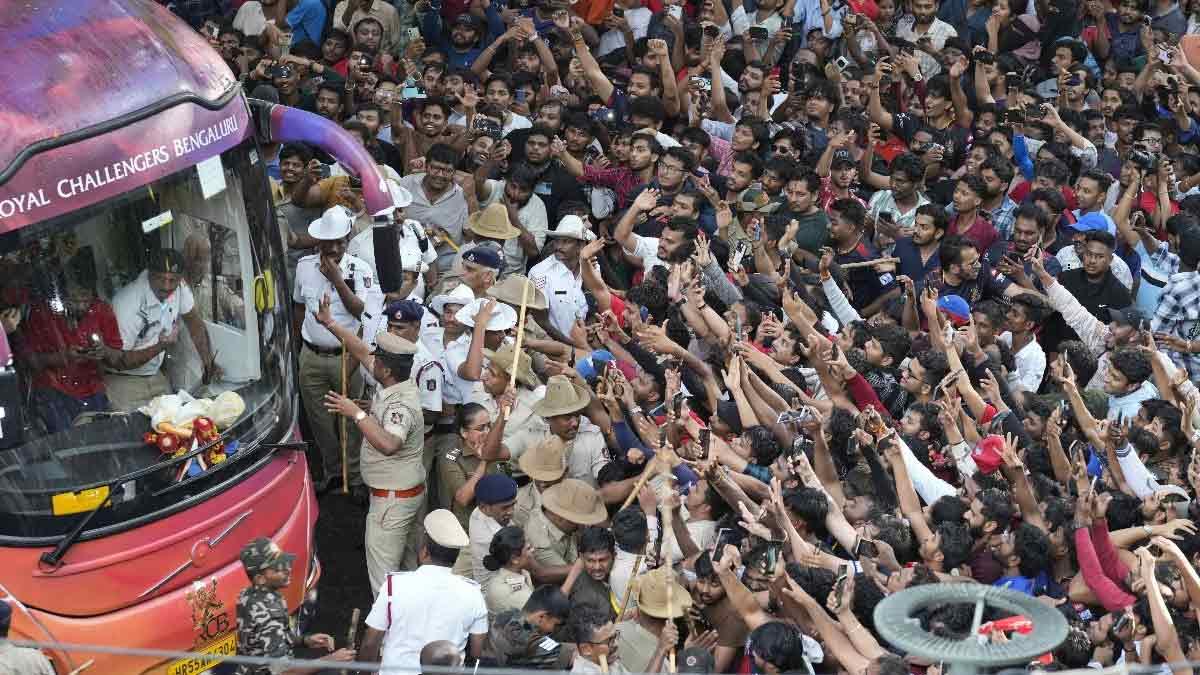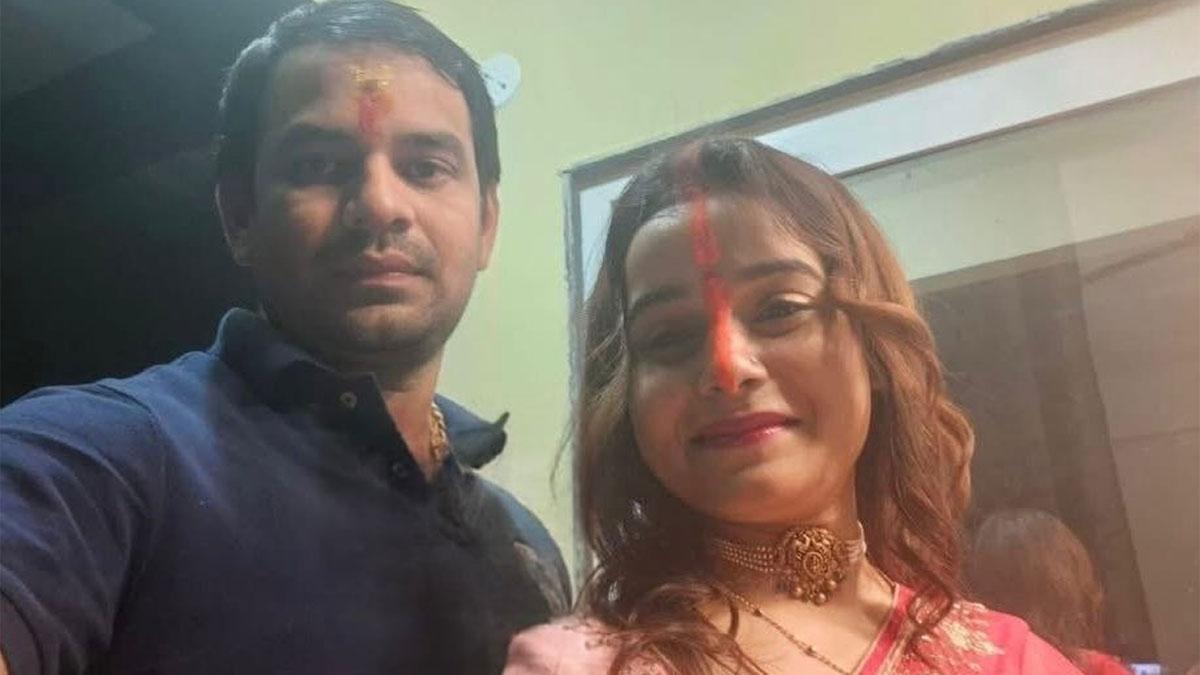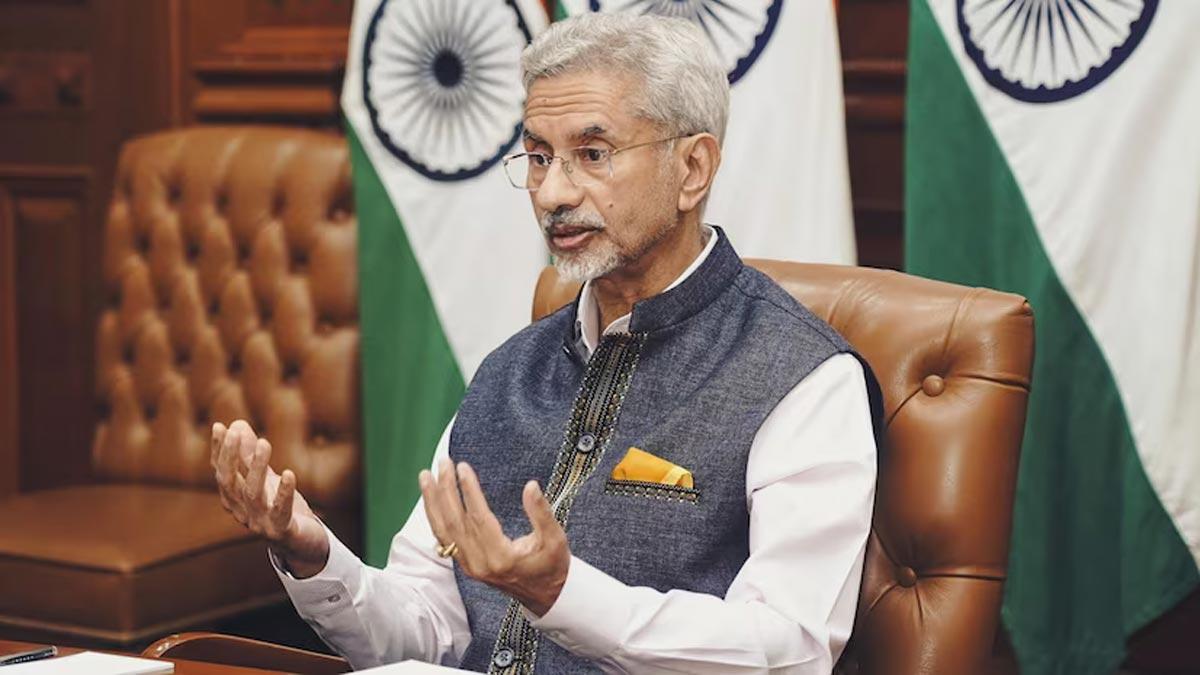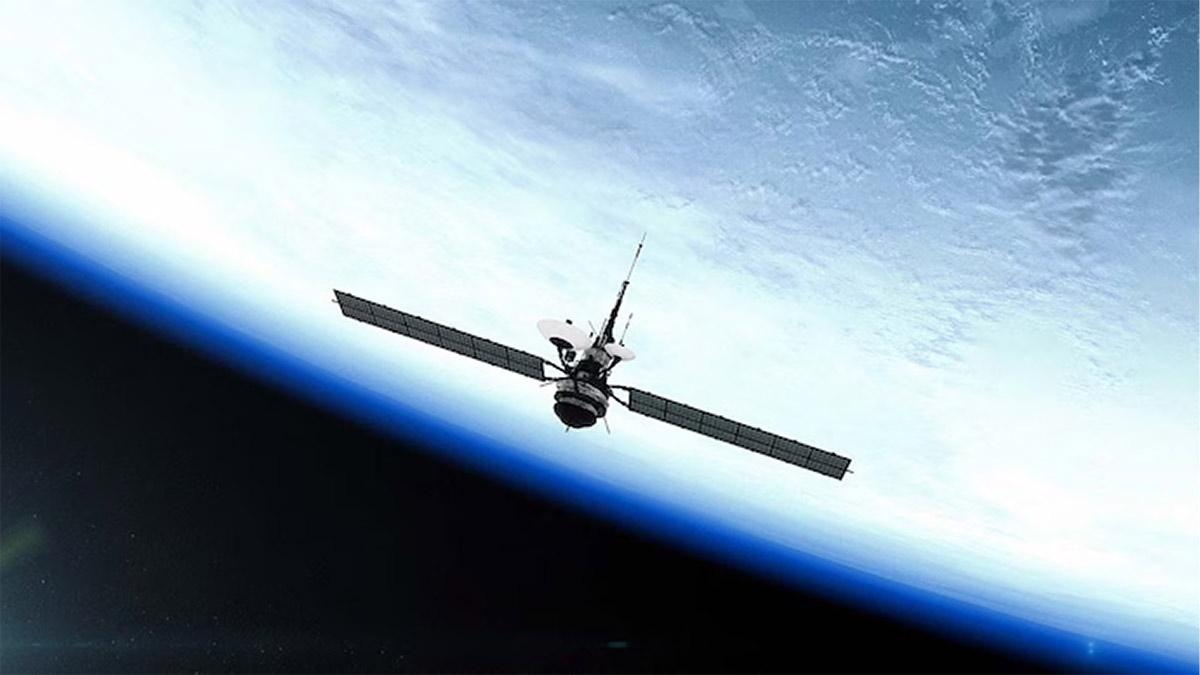It called Tuesday for Japan to address regulatory impediments to sharing critical technologies, while committing to work aggressively together for a shared vision of a free and open Indo-Pacific with Tokyo as China's military becomes more assertive in the region.
The two sides also decided to work on a new framework for security cooperation, signifying the intent on both sides to deepen its strategic partnership even further.
S Jaishankar, foreign affairs minister, and Defence Minister Rajnath Singh were part of the Indian delegation, while the Japanese side was represented by Foreign Minister Yoko Kamikawa and Defence Minister Kihara Minoru.
A joint statement after the meeting said the cooperation in the fields of Unmanned Ground Vehicle/Robotics is proceeding successfully and some progress has taken place in the transfer of the Unified Complex Radio Antenna, or UNICORN, along with related technologies. The UNICORN system will be in the due course fitted on the Indian naval ships.
"Our top priority is to make it a free, open, and rule-based Indo-Pacific. There was an examination of the possibility of mutual coordination in our respective security and development assistance where interests coincide," Jaishankar told reporters. He said India had also agreed to open a new consulate in Fukuoka, Japan.
In her address, while making a veiled reference to the Chinese activities vis-à-vis its military operations in the Indo-Pacific, Japanese Foreign Minister Kamikawa said it was imperative to maintain a free and open international order based on the rule of law. She reiterated Japan's commitment to opposing all efforts to unilaterally change by force the status quo.
Both nations have shown their high support in collaborating to maintain a peaceful and economically developed region. The next steps will be gaining trust in cooperation in the area of advanced technology, including defense, in which India's Jaishankar urged Japan to break the current regulatory barriers.
The two sides condemned terrorism in all forms with a specific call for bringing its perpetrators to justice in the Mumbai, Pathankot, and other attacks. The joint statement condemned groups like Al Qaeda, ISIS/Daesh, LeT, JeM, and their proxies.
The two Ministers agreed that the 2008 Joint Declaration on Security Cooperation should be revised to reflect current priorities and, in this regard, also concurred on expediting the next steps on defense equipment and technology cooperation. They welcomed discussion on future cooperation between the Indian Navy and Japan Maritime Self Defense Force in the field of ship maintenance in India.
In addition to this, the ministers furthered on delving deep into the spheres of coordinating and cooperating in matters of defense and security assistance to third countries towards sustaining overall regional peace and stability with the Indo-Pacific region. Their vision for this convergence is to enhance cooperation in capacity building, especially for the resolution of any cyber-related challenges.
The '2+2' dialogue with Japan, commenced as an initiative to expand the scope of bilateral security and defense cooperation, has set the broad foundation for cooperation on defense and foreign policy issues of mutual concern. To date, India maintains a '2+2' ministerial dialogue format with only a handful of countries, which include the United States, Australia, and Russia.
Read also| India-Japan Defence Partnership Crucial for a Free and Open Indo-Pacific: Government

